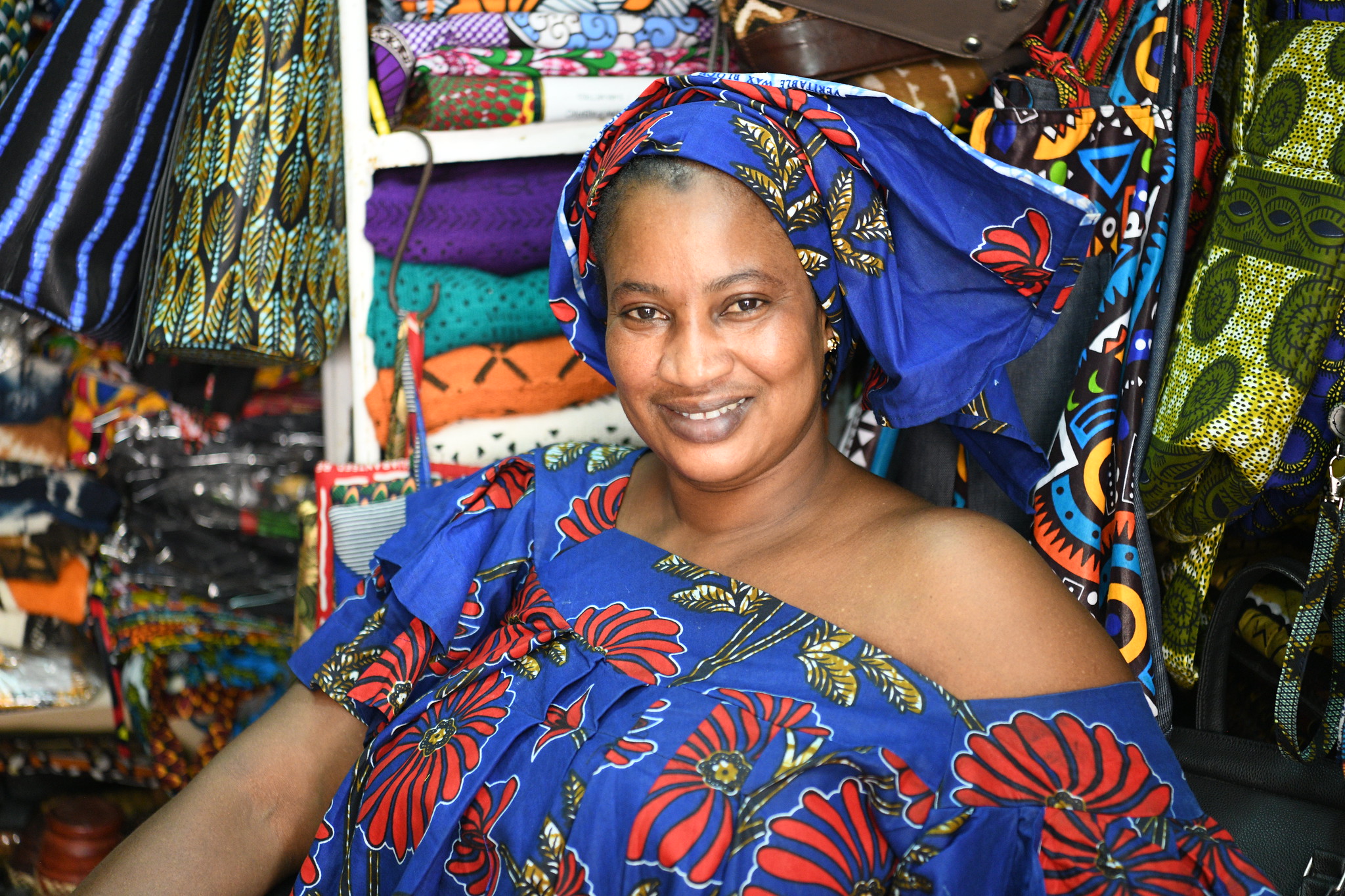From grief to entrepreneurship: how work changed a women’s life in Dakar, Senegal
Date:
It’s early in the morning in the Soumbédioune market, one of the main fishing hubs in Dakar, Senegal. Unceremoniously, a woodcraft man invites bystanders to his shop. Deeper into the busy streets of the market, Fatou Bintou Mané is working in her artisanal shop.

Fatou Bintou Mané, 42, is one of the many women that suffered a stillbirth. She shares the harrowing story of the loss of her daughter, Khadiza, a name with Arabic origin that means Premature Child, and how work helped her to overcome the loss.
![]() The death of my daughter was very difficult and sad, but I had to move forward. It was God’s choice. Work was my salvation. When I went to work and met with customers and friends, I was able to forget what happened and it helped me to stay positive towards the future.”
The death of my daughter was very difficult and sad, but I had to move forward. It was God’s choice. Work was my salvation. When I went to work and met with customers and friends, I was able to forget what happened and it helped me to stay positive towards the future.”
Since 2004, Mané owns a colorful boutique with stacks of decorative articles, bags, tissues and African fabrics. Heading to work in the busy Soumbédioune market helped her to cope with the loss and to regain meaning and happiness.
Owning her own boutique brought Mané financial freedom, a deep sense of security and the possibility to thrive in life. “Even though I am married, my husband does not control my earnings. I am able to take care of my needs and to pursue any activities and personal interests”.
Stillbirths are a major public health issue and a sensitive marker of the quality of care around pregnancy and birth. According to UNICEF, an estimated 2 million babies were stillborn at 28 weeks or more of gestation, with a global stillbirth rate of 14 stillbirths per 1,000 total births.
By noon, Fatou welcomes a group of customers to her boutique: "I am proud of being an independent and happy woman” she added.
Winner short human-interest story of the UN Women West and Central Africa Communications Retreat:
Soraia Ribeiro, Communications and Advocacy Specialist
Pearl Karungi, Communications Analyst